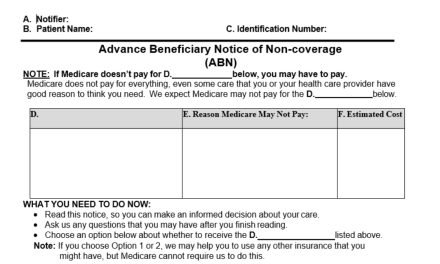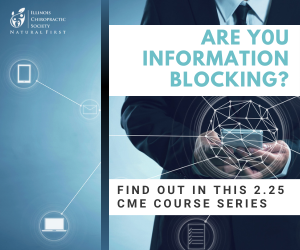
Appeals Court Affirms Three Year License Suspension

Knowing and adhering to both state and federal laws is a responsibility and requirement for practicing. In fact, claiming not to be aware, or actually not knowing, that certain conduct is unlawful will not prevent significant criminal, monetary and license sanctions. An Illinois physician learned this when he was levied with $5,000 in fines, an order to return funds, and a three-year suspension of his license.
Nwaokocha v. Illinois Department of Financial and Professional Regulation (Illinois Appellate Court 1st Dist. 2018).
Dr. Nwaokocha, a medical doctor licensed under the Illinois Medical Practice Act, was criminally charged in federal court with soliciting and receiving cash kickbacks from a home health care provider in exchange for referring Medicare patients to the home health care provider. The doctor was also charged with falsely certifying that the patients were confined to their homes and needed home health care services. Medicare paid the home health care provider for the services, and the provider paid cash to the physician for the referrals.
The physician entered into a plea agreement under which he voluntarily admitted the facts charged, pled guilty, and was sentenced to criminal probation, community service, and a forfeiture and fine. The criminal court also stated that it was “recommending to the Department of Financial and Professional Regulation [IDFPR] that [Dr. Nwaokocha] be permitted to keep his medical license.”
Following the criminal conviction, the IDFPR filed an administrative complaint to discipline the doctor’s license, based on the criminal conviction and the underlying unethical conduct. The agency conducted a hearing and ultimately issued an order suspending the doctor’s license for a minimum of three years.
The doctor appealed to the circuit and appellate courts, arguing that probation would be an appropriate punishment, which would allow him to continue to practice with conditions, and that a three-year suspension would be “unduly harsh” based on sanctions in comparable situations. The court found that the IDFPR’s three-year suspension for Plaintiff was neither “unreasonable nor arbitrary.” Courts in these cases must give great deference to the IDFPR Director, whose role is to evaluate the evidence, judge credibility of witnesses, and draw conclusions from the facts. It is only when a court finds that the Director has “abused his or her discretion” and that the decision is “against the manifest weight of the evidence” that the reviewing court should overturn the IDFPR order. Although the doctor introduced evidence that he argued should have weighed in his favor (such as his claim he did not know the cash payments were in exchange for referrals), the Director was within his right to question his credibility and give the evidence little weight.
The court also noted that the IDFPR has the authority not to follow a criminal court judge’s recommendation regarding the defendant doctor’s licensure. Although a criminal court has the authority to require a doctor to stop practicing temporarily, only the IDFPR may enter orders affecting the status of a physician license.
Note that any IDFPR final order (not only those based on a criminal conviction) may be appealed to the circuit, appellate and supreme courts. However, while not impossible to overturn an IDFPR order by appealing to a higher court, the requirement for the doctor to prove an “abuse of discretion” seems to give the IDFPR the benefit of the doubt.


















